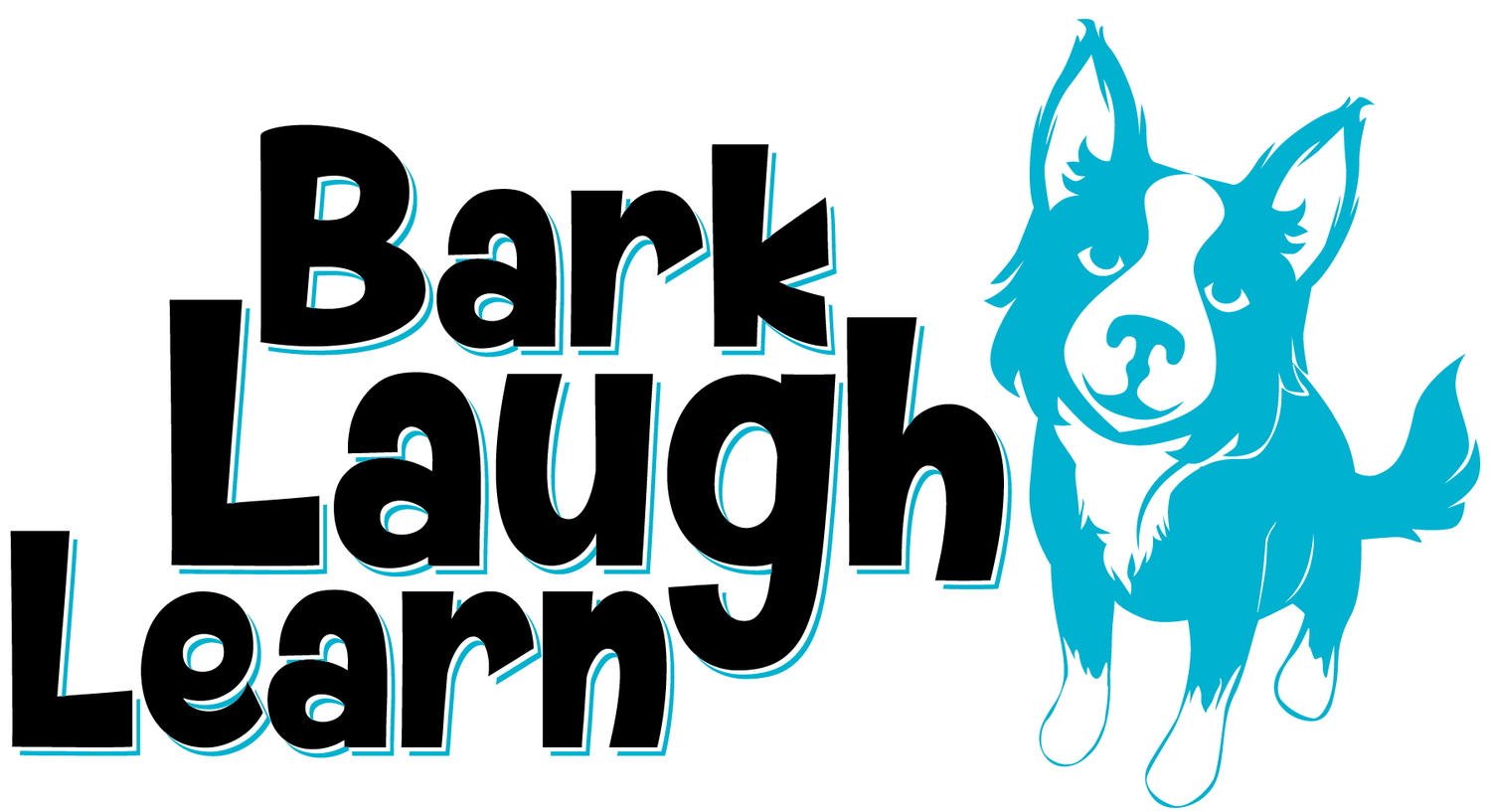Tips for Your New Puppy or Dog
/Whether you've just brought a new puppy or dog home there are a few things you can do to make your transition together easier. Here are 10 tips for an easy transition for your new addition:
10) Don't compare your new addition to a previous dog/puppy. Even if they are the same breed. Temperament, experience, genetics, and everything in between makes an individual. So don't expect your new dog to act just like your previous one.
9) Let your new addition be themselves! Watch, observe, see what your baseline-ground zero looks like. What are they like in new environments, with new people, new surfaces, new objects, and similar things? The better you understand your new addition the more successful you can make your outings and training sessions in the future!
8) Management, management, management! Do not give your new addition full run of the house. Start with a small area, with no carpet that can be destroyed, and make sure that your new addition is making good choices. Then overtime, give them more space in the house.
7) Crate train your new addition. Crates are a great asset for any household. And no, I don't think extended crating for over 4 hours at a time is OK. However, I do think that crating is a great tool for management (because no one enjoys replacing carpet/couches/etc.) If you plan to do dog sports and attend titling events, you will most likely need to have a dog that is good in a crate.
McCoy and his new brother Poe!
6) Take introductions to the other pets in your home slowly. Do not throw your new dog into the pack with your others. Take your time. Plan to have several weeks where dogs are separate when you cannot supervise. Take long walks with your dogs, giving them space as needed to be successful. Supervise their interactions and be patient. Making new friends takes time!
5) Do not make assumptions about your new addition's skill set. Even if their breeder or rescue says they are good with other dogs, kids, people, and cats, make sure. Take your time. Do not assume this to be true. There are always exceptions, even the biggest extroverts don't get along with everyone.
4) Be prepared to teach your new addition new skills. Even if they were house trained, good with recall, or a perfect loose leash walker, these skills may not translate to your home. So be patient and have fun. Dogs/puppies all learn at a different pace. They need time to learn what your expectations are and how you work.
3) Have all the supplies you need before your new addition arrives. Do you have:
- Kongs
- Bully Sticks
- High value toys and toys that your dog can have anytime
- Crate
- Baby Gates
- Exercise pens
- Collar, tag, leash, harness, and long line
- Food
- and a lot of patience as you both transition into life together!
2) Play together, learn what your dogs loves, what they hate, and what they enjoy doing. Every dog has a different drive, a different talent, and different favorite toy. This stuff is where every handler/dog relationship starts.
1) Enjoy your time together! If you just brought a puppy home, you'll never get this time back again. Our dogs age just as quickly.


